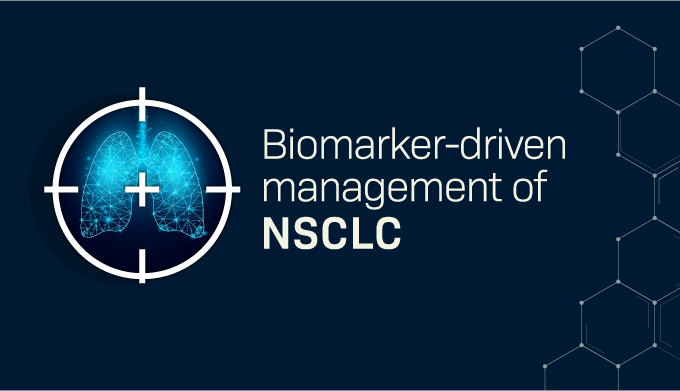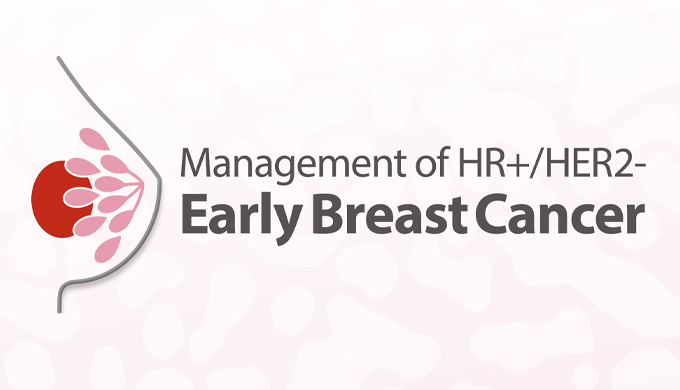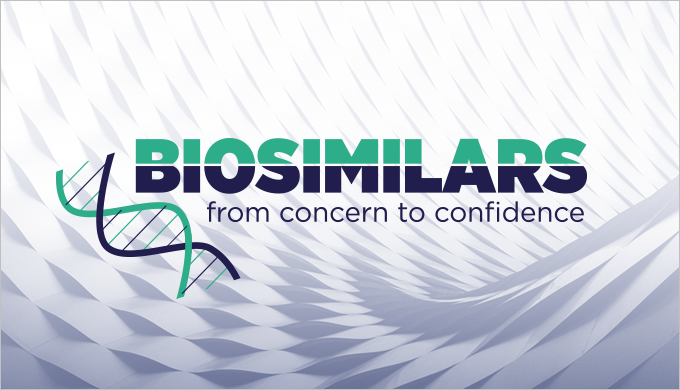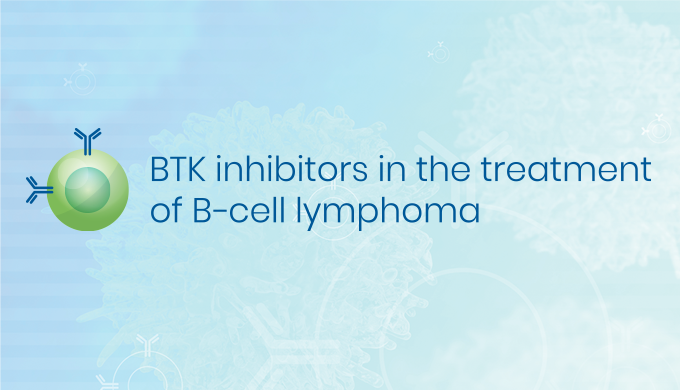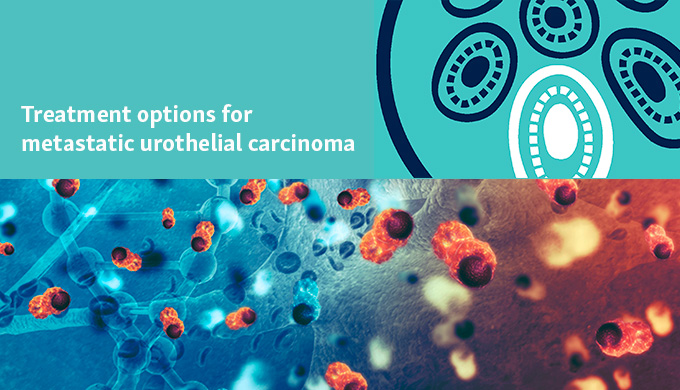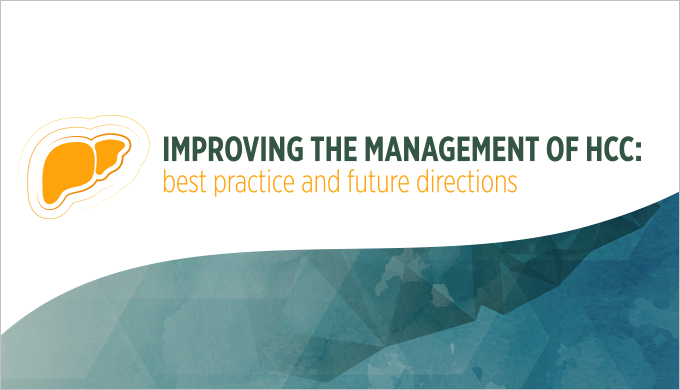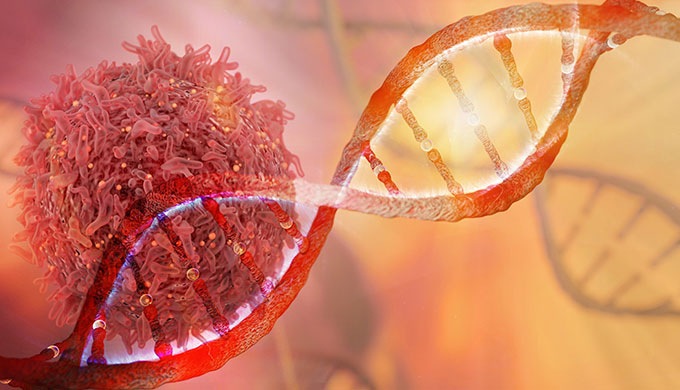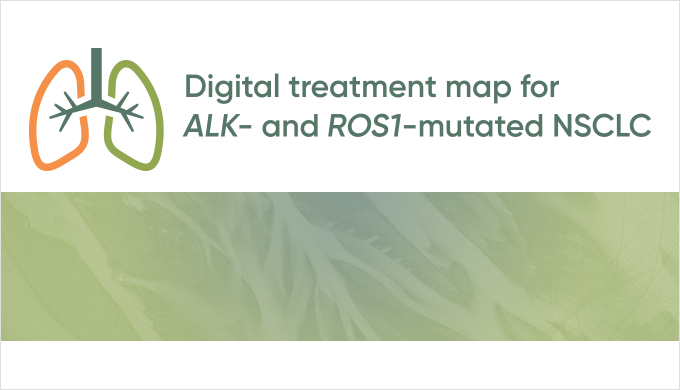
WEBCAST WATCH NOW - Broadcast on the 17th December 2021
WELCOME
Chaired by Dr Anthony Mato
Featuring Dr Deborah Stephens and Professor Martin Dreyling
Please join this expert-led webcast with a global faculty discussing Bruton’s tyrosine kinase (BTK) inhibitors in the treatment of B-cell malignancies.
This program reviews key data presented at the ASH 2021 Annual Meeting, highlighting the advances being made that have the potential to shape future patient care for people with mantle cell lymphoma (MCL), chronic lymphocytic leukemia (CLL) and small lymphocytic lymphoma (SLL).
Chapters are available via the video player controls.
AGENDA
TITLE |
SPEAKER |
|---|---|
| Welcome and introduction | Anthony Mato (Chair) |
| Abstract 392. Woyach JA, et al. Preliminary Efficacy and Safety of MK-1026, a Non-Covalent Inhibitor of Wild-Type and C481S Mutated Bruton Tyrosine Kinase, in B-Cell Malignancies: A Phase 2 Dose Expansion Study | Deborah Stephens |
| Abstract 391. Mato A, et al. Pirtobrutinib, A Next Generation, Highly Selective, Non-Covalent BTK Inhibitor in Previously Treated CLL/SLL: Updated Results from the Phase 1/2 BRUIN Study | Anthony Mato (Chair) |
| Abstract 381. Wang M, et al. Pirtobrutinib, A Next Generation, Highly Selective, Non-Covalent BTK Inhibitor in Previously Treated Mantle Cell Lymphoma: Updated Results from the Phase 1/2 BRUIN Study | Martin Dreyling |
| Abstract 182. Di M, et al. Survival of Mantle Cell Lymphoma in the Era of Bruton Tyrosine Kinase Inhibitors: A Population-Based Analysis | Martin Dreyling |
| Panel discussion and Q&A | Moderator: Anthony Mato |
LEARNING OBJECTIVES
After this activity you will be able to:
| 1. | Compare the efficacy and safety profiles of approved and emerging BTK inhibitors in the treatment of MCL, CLL and SLL |
| 2. | Explain how these profiles inform current practice and could shape future patient care |
| 3. | Incorporate BTK inhibitors in the clinical management of MCL, CLL and SLL |
REVIEW ARTICLE
Read an independent review summarising the evidence supporting the role of BTK inhibitors in the management of B-cell malignancies. Developed by our expert Adis team, this article is Open Access.
We hope this will provide a useful tool to enable HCPs to differentiate between MoA, efficacy, safety and appropriate patient types for the BTKi drugs already approved, as well as some of the new inhibitors currently in development.
FACULTY
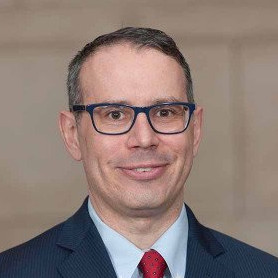 ANTHONY MATO
ANTHONY MATOAnthony R Mato, MD, MSCE, is an Associate Member at Memorial Sloan Kettering Cancer Center and Director of the Chronic Lymphocytic Leukemia (CLL) Program at MSKCC.
He received his medical degree from the State University of New York (SUNY) at Buffalo, and completed his internal medicine residency and hematology/oncology fellowship at the Hospital of the University of Pennsylvania.
While at Penn, Dr Mato also earned a master’s degree in clinical epidemiology. His research on the development of clinical and translational trials for patients with CLL and lymphoproliferative disorders focuses on novel immunotherapies, signal transduction inhibitors, immune checkpoint inhibitors, and immunotherapy agents.
His outcomes-related research explores a wide variety of health indicators among CLL patients in real world settings. He has been the principal investigator on numerous clinical trials for patients with CLL and is currently overseeing several ongoing clinical trials, some of which are actively enrolling patients.
A well-published scholar, he regularly contributes articles to peer-reviewed journals, including Blood, the British Journal of Hematology, Annals of Oncology, Heamatologica, Lancet Oncology, and the American Journal of Hematology.
Dr Mato is a member of the American Society of Clinical Oncology, the American Society of Hematology, and the American College of Physician Executives.
He is also on the medical advisory board of the CLL Society, a patient-centric, physician-curated nonprofit organization focused on patient education and support.
Disclosures
Anthony Mato discloses the following relationships and financial interests from AbbVie, Adaptive Biotechnologies Corp, AstraZeneca, Bristol-Myers Squibb, Genentech, Janssen Biotech, Inc., Loxo Oncology, Merck & Co Inc. Octapharma, Pfizer, Inc. Pharmacyclics, TG Therapeutics, Inc and prIME Oncology
All relevant financial relationships have been mitigated.
 MARTIN DREYLING
MARTIN DREYLINGLMU Hospital, Munich, Germany
Martin Dreyling is Professor of Medicine and head of the Lymphoma Program in the Department of Medicine III, LMU Hospital, Munich. He studied at the Universities of Düsseldorf, Giessen, Tübingen and Würzburg, and completed his clinical training at the Universities of Bonn, Münster, Göttingen and Munich.
In addition, he was visiting scientist at the University of Chicago. His scientific focus is on the molecular basis of malignant transformation, cell cycle dysregulation and secondary genetic alterations, as well as biological prognostic factors in malignant lymphoma.
He is also interested in innovative therapeutic approaches, including molecular targeted approaches like inhibitors of the B-cell receptor pathway and immunological approaches.
Prof Dreyling is EHA board member, coordinator of the European MCL Network and president elect of the German Lymphoma Alliance. He has co-authored numerous scientific papers, book chapters and abstracts in international peer-reviewed journals.
Disclosures
Martin Dreyling has performed research Support for Abbvie, Bayer, Celgene, Gilead, Janssen and Roche. Martin has also received speaker honoraria for Amgen, AstraZeneca, Bayer, Celgene, Gilead, Janssen, Novartis and Roche. He has also been on the scientific advisory board for AstraZeneca, Bayer, Beigene, Celgene, Genmab, Gilead, Incyte, Janssen, Lilly, Morphosys, Novartis and Roche.
All relevant financial relationships have been mitigated.
 DEBORAH STEPHENS
DEBORAH STEPHENSDeborah Stephens is the Director of the Chronic Lymphocytic Leukemia (CLL)/Lymphoma Program at the Huntsman Cancer Institute at the University of Utah. She completed her internal medicine residency at Cleveland Clinic and fellowship training at The Ohio State University.
Dr Stephens leads a subspecialty clinic with a focus on patients with CLL and lymphoma. Her primary research interests include developing new targeted therapies for patients with CLL and lymphoma, studying resistance to current therapies, and developing supportive therapies for complications of CLL.
Dr Stephens is the Physician Leader of the Hematology Clinical Trials Division at Huntsman Cancer Institute and is the principal investigator on multiple clinical trials, including the international principal investigator for the SWOG S1925 EVOLVE CLL Study (NCT04269902).
She is an expert panellist for the National Comprehensive Cancer Network (NCCN) CLL Guidelines Panel, which establishes the most widely referenced guidelines for the evaluation and treatment of patients with CLL.
Dr Stephens is also a member of the medical board for the CLL Society, which is the largest patient-led CLL group in the country.
The sum of Dr Stephens’s experiences demonstrates her deep commitment to improve the care of patients with CLL and lymphoma.
Disclosures
Deborah Stephens has performed consulting for Abbvie, Beigene, CSL Behring, TG Therapeutics, Epizyme, Celegene, Adaptive, Innate and Karyopharm.She has received research funding from Arqule, Acerta, Mingsight, Karyopharm and Novartis.
All relevant financial relationships have been mitigated.
ADDITIONAL INFORMATION
Planning committee
In addition to the speaker faculty, Springer Healthcare IME planners and staff include: Jaia Barratt & Alba Ruzafa.
Jaia Barratt and Alba Ruzafa have no financial relationships to disclose.
EDUCATIONAL GRANT
AstraZeneca has provided an educational grant towards this independent program.
MEET THE TEAM

James Hutton
Senior Project Director



